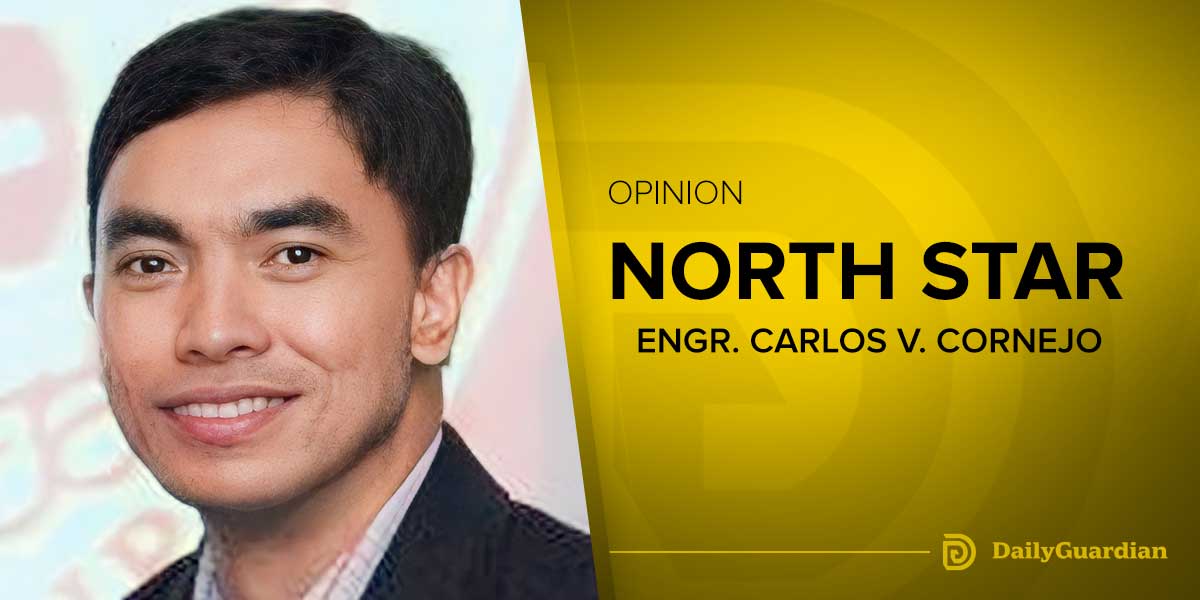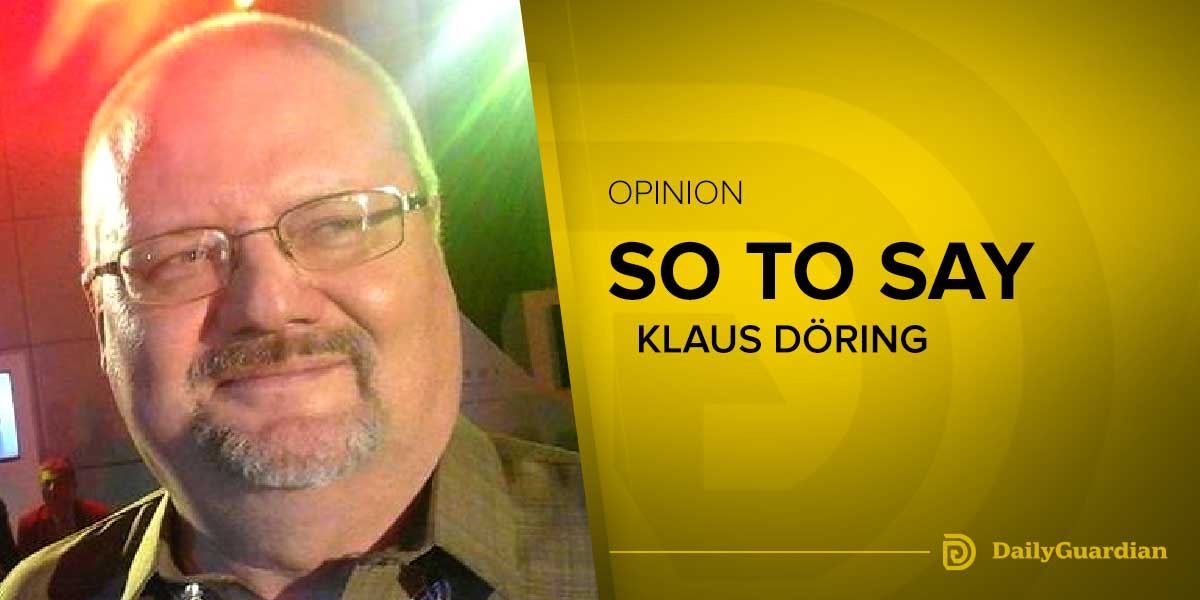By Jason Castaneda
Presidential daughter Sara Duterte has put an end to speculation about her possible “substitution” run for president after a highly publicized meeting with leading candidate and former Senator Ferdinand “Bongbong” Marcos Jr.
Marcos’ spokesperson Vic Rodriguez unconvincingly tried to portray the clearly choreographed meeting in Cebu, in the central region of Visayas, as “just another beautiful coincidence.”
Davao City Mayor Sara, however, revealed the true purpose of the meeting by admitting it was about how her Mindanao-based regional party, HNP (Hugpong ng Pagbabago), “could help his [Marcos’] bid for the presidency.”
“No, I do not have plans to run for president,” she said during an interview in Cebu, dimming any hopes some had for her “substitution” candidacy.
By all indications, the Philippines’ two biggest political dynasties have decided to head off direct competition and instead join forces ahead of the high-stakes 2022 elections, which will decide the fate of the besieged Southeast Asian democracy.
Historically, the Duterte dynasty was subordinate to the dominant Marcoses. Back in the 1960s, Philippine President Rodrigo Duterte’s father, Vicente, served in the cabinet of authoritarian strongman Ferdinand Marcos.
Throughout his youth, Duterte looked up to the Marcoses as the patrons of his family, despite his mother’s eventual role in the popular revolt against the dictatorship.
When he ran for president in 2015, then a relatively unknown provincial mayor with limited resources, the Marcoses were among his biggest backers. Only a few months into office, Duterte returned the favor by making the controversial decision to bury the remains of the former dictator in the Cemetery of National Heroes despite a massive public outcry.
“Who among you supported me? How many? Four, five, six? No barangay captain supported me, congressmen. I had no money. Imee [Marcos] gave some [money]. She said she loaned it. Imee supported me,” Duterte said during a public speech in 2016, when he openly thanked the Marcoses for supporting his initially lackluster bid for the presidency.
“My father was one of the two who stood by Marcos in his darkest hours. Everybody was shifting to the Liberal [Party] at the time, kay Diosdado Macapagal, and it was only [former Zamboanga del Sur Governor Bienvenido] Ebarle and my father who stood by Marcos,” he added, emphasizing the unswerving loyalty of his family to the Marcos dynasty, which managed to work its way back to power following their return from exile in the early 1990s.
“That is why when he won, my father was one of the Cabinet members of Marcos. So iyan ang ano namin, I cannot really dissociate [myself],” said the Filipino president, who clearly maintained a huge debt of gratitude towards the Marcoses.
Throughout his presidency, Duterte and his supporters constantly portrayed Marcos Jr as the real vice president, even if the latter lost a tightly fought race to Leni Robredo, the liberal opposition candidate.
Meanwhile, Maria Imelda “Imee” Marcos, the wily daughter of the former dictator, played an instrumental role in consolidating nationwide support for the Filipino populist among regional dynasties and warlords, who also happen to dominate the Philippine Congress.
In 2019, Imee Marcos made a successful run for the senate in tandem with presidential daughter Sara, as both women cemented the foundations of a formidable alliance in Philippine politics. Nevertheless, the Dutertes and Marcoses proved to be inevitable rivals, as the 2022 elections approached.
Multiple efforts by Imee to broker a “dream team” failed to produce a breakthrough, as both sides sought the highest office rather than running as second fiddle in any potential tandem.
For months, Philippine President Rodrigo Duterte and his top allies were riding high, as a prospective “Duterte-Duterte” tandem, composed of the father and first daughter, dominated the surveys for the top two elected offices.
Duterte’s insistence on having his long-time aide, Senator Christopher “Bong” Go, as his anointed successor, however, triggered public spats with the presidential daughter, who was clearly preparing the ground for her own campaign.
Marcos Jr, who consistently ranked as the second most preferred candidate for the presidency, quickly seized the opportunity by positioning himself as the de facto candidate of the administration, as Duterte allies coalesced around the scion of the former Filipino dictator.
With the Dutertes now effectively out of presidential contention, Marcos has emerged as the frontrunner to take Malacanang Palace next year, almost exactly half a century after his father’s declaration of martial law in the Philippines.
A recent PUBLiCUS Asia survey showed that, in the absence of Sara Duterte, Marcos could count on the vote of more than 40% of the electorate, placing him well ahead of all the other top contenders.
An authoritative Pulse Asia poll last month showed Marcos was the top second preferred candidate, placing him in a strong position to pick up votes from other top contenders, including Senator Grace Poe and now Sara Duterte.
The backing of the Dutertes would be extremely crucial to any Marcos victory. Surveys consistently show that Marcos is a top contender among middle-class and upper-class Filipino voters, known locally as the ABC demographic, as well in the national capital region and the broader northern island of Luzon. But he has consistently struggled in the southern island of Mindanao, where the Dutertes are a dominant player.
The Duterte dynasty, therefore, can place the entire machinery of the administration behind a Marcos bid as well as rally Mindanao support for the scion of the former dictator. Meanwhile, Marcos will likely run in formal, or de facto, tandem with Duterte-anointed vice-presidential and legislative candidates as part of a broader electoral alliance next year.
But the dramatic turn in events has also energized opposition candidates, who have vowed to prevent the return of Marcoses to power, following their downfall in the wake of the 1986 “People Power” Revolution, and hold the notorious dynasty accountable for their past abuses and billions of ill-gotten wealth.
Recent surveys show that Vice President Leni Robredo, who has vowed to prevent the restoration of Marcoses to power, is now the second most preferred candidate, a dramatic improvement on her consistently low ranks throughout earlier surveys.
“We will defeat the old and rotten brand of politics,” vowed Robredo during the formal announcement of her candidacy for the presidency earlier this month, as she mobilized a grand coalition of opposition leaders, including former rivals and Duterte allies, against the Duterte-Marcos alliance.
Even centrist candidates and former Duterte ally, boxer-turned Senator Emmanuel “Manny” Pacquiao, have joined in the fight against a Marcosian restoration, especially since Marcos became the early frontrunner.
“Whatever ill-gotten wealth they have, they should return it to the government because the public is clamoring for it,” the former boxing champion said, referring to billions of dollars of reported stolen public funds during the Marcos dictatorship.
“It is not right for him [Bongbong Marcos] to say that he did not know the events during the time of his father … He cannot say he does not know anything,” Pacquiao added, accusing the Marcoses of whitewashing the past and benefiting politically from the ill-gotten wealth under the former dictatorial regime.





















